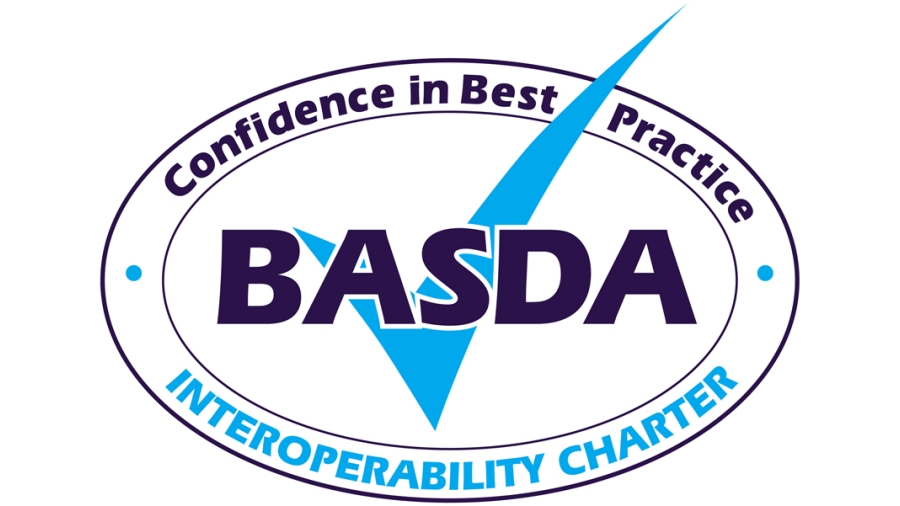
Sign up for breaking news, reviews, opinion, top tech deals, and more.
You are now subscribed
Your newsletter sign-up was successful
Some people find 'interoperability' a difficult word, but BASDA – the Business Application Software Developers' Association – is making it the centre of a campaign that it says can support economic growth.
It has published an Interoperability Charter with the aim of getting its member companies to ensure the software they design works smoothly with others on the market.
This ensures that the data flows easily from one business to another, regardless of the software choices they have made. Without it, there are more manual stages to a process, everything moves more slowly and there is more room for error.
Key issue
It's most obviously important in facilitating payments, but there are other areas, such as carbon footprints, in which companies want to get accurate data as part of their business.
Tim Cole, Chair of the BASDA e-Business Special Interest Group, says: "Interoperability is a key issue where application developers can support process improvement and economic growth.
"At a time when efficiency and growth are of such critical importance to our economy, support for this charter offers a simple but highly effective means by which attention can be drawn to this fundamental enabler in driving forward a digital economy."
BASDA has had interoperability standards in place since the mid 1990s, although they were unchanged for a long time. A couple of years ago work began on an update, refining the core standards for electronic invoicing and ordering, and adding new ones for utilities and environmental data.
Sign up to the TechRadar Pro newsletter to get all the top news, opinion, features and guidance your business needs to succeed!
These were published in November of last year, and BASDA has now followed up with the charter, which clarifies the principles to which software developers can sign up.
These are fairly simple, with the signees agreeing to:
- promote and adopt the BASDA XML standards;
- ensure their applications enable customers to become part of an interoperable economy;
- work with BASDA to improve interoperability; and
- work through BASDA to increase awareness of interoperability in business application software.
The aim is that businesses using the software become more aware of the charter and want to buy from companies that are signed up to it.
"The relevance to businesses is that interoperability is a natural part of their product," Cole says. "The charter should ensure that they don't have to ask for it, build it or ask for a specialist; it comes with the package."
He says there are two levels of interoperability: knowing that a software can interoperate with others; or that it works in exactly the same way as others. The second requirement is rare, but both should ensure that the exchange of information is always accurate and reliable.
Minimal problem?
Given that software that doesn't do this won't last long in the market, it raises the question of whether the charter is a solution to a minimal problem. Cole acknowledges that there are no widespread shortcomings, but says that changes in the landscape – such as the EU's recently adopted directive on e-invoicing – raise the stakes on failure. Also, he hopes the charter will reinforce the trend away from paper and towards electronic ordering and invoicing.
"We're pushing to make e-invoicing the default method, and while the UK is a healthy place to do it, at the moment there is no requirement to do it," he says.
So far just a handful of companies have signed up to the charter – Causeway Technologies, @UK PLC, Access Groups, Intuitive Business Intelligence and Symmetry – and Cole says one of the priorities is to get all of the members – numbering about 150 – onboard.
At the moment there is no accreditation process, although Cole says it's possible that at some stage BASDA could develop one, and that if any company is found to break the principles the group will remove it from the charter and publicise the fact.
The test of the charter is likely to be how many companies are signed up over the next year or so. If the majority of its members take up and wave the flag, awareness should spread among their customers and it could act as a de facto accreditation. That could make the idea of interoperability less difficult to more people.